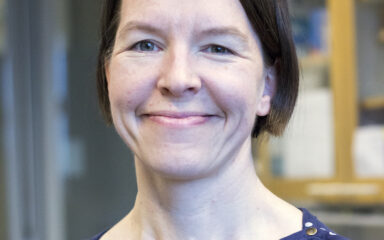
Profile
Lisa M Nilsson obtained a PhD as a molecular biologist in Umeå Sweden. During her PhD, more than three years was spent as an extramural PhD student in the lab of Martine F Roussel and Charles J Sherr at St Jude Children’s Research Hospital in Memphis, USA. After returning, to Umeå she defended her PhD thesis in 2007 and thereafter started to work first as a postdoc in Umeå, and then as a senior scientist in Jonas Nilsson lab at Sahlgrenska Cancer Center, from 2011-2020. Since November 2020, Lisa has been a Research Assistant Professor at Harry Perkins Institute of Medical Research and runs the Melanoma Discovery Lab together with Prof Nilsson.
Lisa’s expertise is in genetically engineered mouse models and humanised animal models of cancer (PDX models [1,2]). She has been the patient-derived cell and tissue manager in the Nilsson lab generating PDX models from over 150 patients with melanoma, and around 75 patients with mixed diagnoses (pancreatic cancer, colorectal cancer, urothelial cancer and small intestinal neuroendocrine cancers). She is also an expert in the generation of cell lines and was recently able to contribute to the important publication on genomics of metastatic uveal melanoma (Karlsson et al., 2020 Nature Comm). She was also the main supervisor of the PhD student who initiated the CAR-T projects in the Nilsson lab [3].
Lisa has published first-authorships from three different labs and has had prominent junior or senior positions [e.g. 4, 5] on several papers in high-profile journals such as Cancer Cell, Immunity, Gut (on pancreatic cancer), Annals of Oncology, Nature Communications and PNAS.
Most important publications:
- Ny, L. et al., L.M. Nilsson, and J.A. Nilsson, Ann Oncol, 2020. 31(2): p. 266-273.
- Jespersen, H et al, L.M. Nilsson, and J.A. Nilsson, Nat Commun, 2017. 8(1): p. 707
- Forsberg, E.M.V., et al., L.M. Nilsson, and J.A. Nilsson, Cancer Res, 2019. 79(5): p. 899-904.
- Funck-Brentano, et al, and L.M. Nilsson, Epigenetics, 2021. 16(1): p. 54-63.
- Hofving et al, and L.M. Nilsson, Cancers, 2021
